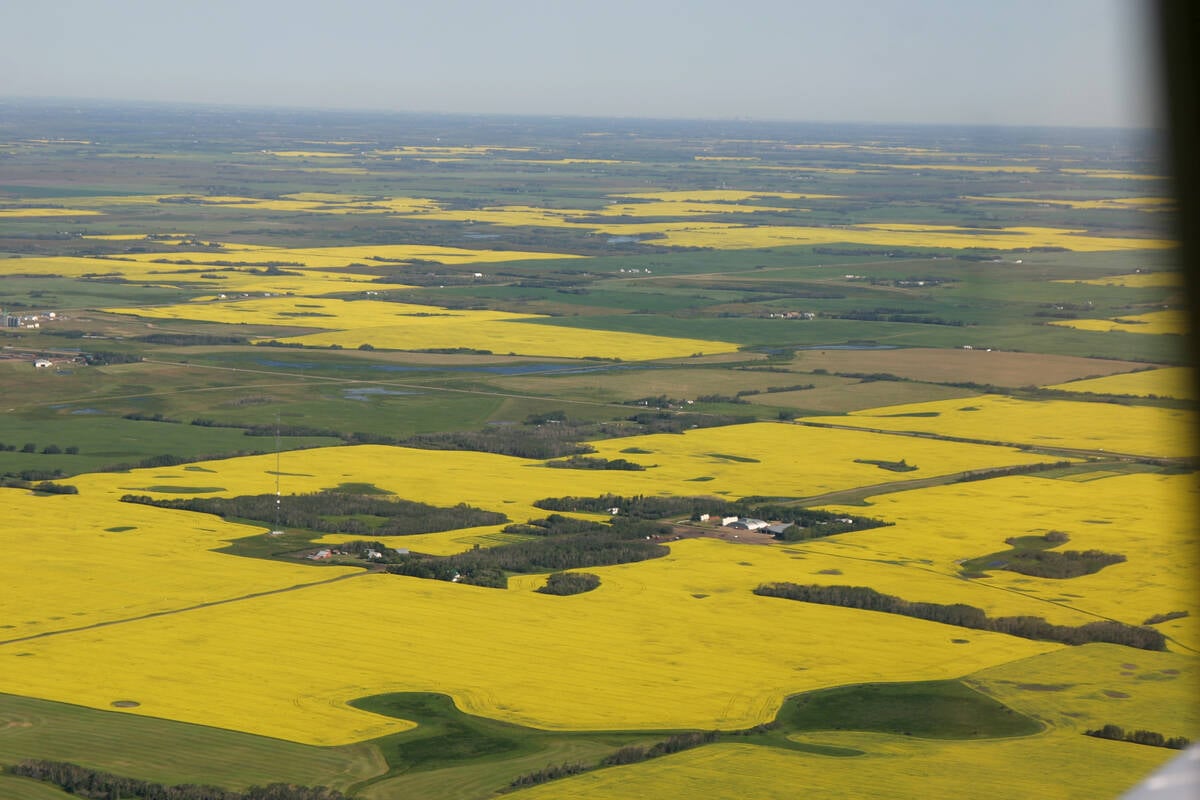Two Saskatchewan certified organic farmers have launched a lawsuit
against Monsanto and Aventis alleging that genetically modified canola
has destroyed any prospect for growing organic canola in Canada.
Larry Hoffman of Spalding and Dale Beaudoin of Maymont are named as the
two plaintiffs in the suit, but they are part of a much bigger game.
Members of the organic industry are hoping the suit qualifies as a
class action case under new provincial legislation.
If that happens, all organic farmers in Saskatchewan who were certified
Read Also

Increasing farmland prices blamed on investors
a major tax and financial services firm says investors are driving up the value of farmland, preventing young farmers from entering the business. Robert Andjelic said that is bullshit.
between January 1996 and December 2001 will be represented in the suit,
with the possibility of other certified growers residing outside the
province being given the option to participate at a later date.
Terry Zakreski, the farmers’ lawyer, said the damages they are seeking
cannot be determined yet, but he anticipates it will amount to millions
of dollars.
Arnold Taylor, president of the Saskatchewan Organic Directorate, the
group that is organizing and raising funds to support the legal action,
said it is impossible to market Canadian organic canola as a GM-free
product.
“Canola, being in a large market, should be a very valuable crop in our
rotations, but with the proliferation of GE canola, it is almost
impossible to buy uncontaminated seed, let alone contend with
contamination from pollen drift.”
A recent survey of Saskatchewan organic farmers showed they seeded 806
acres of canola out of a total of 159,000 acres of organic crops.
“Our ability to farm organically is being threatened,” said Taylor.
Representatives for Monsanto Canada Inc., which makes Roundup Ready
canola, and Aventis Cropscience Canada Co., which makes Liberty Link
and Invigor, said they couldn’t directly comment on the lawsuit. But
they said all the named products were approved by Canadian regulatory
authorities.
Steve Meister, director of communications with Aventis, said a study by
the Canola Council of Canada has shown that GM canola increases yields,
improves weed control, reduces fuel costs and helps with soil
conservation.
“In that report they estimated that these crops had added more than
$400 million to the agriculture economy over the past four years.”
The statement of claim filed by the organic farmers also calls for an
injunction to prevent Monsanto from introducing genetically modified
wheat in Saskatchewan. Taylor said GM canola hurt the industry but GM
wheat would deliver “a mortal blow.”
Trish Jordan, spokesperson for Monsanto, said the chemical company will
not move forward with GM wheat until it can meet all the regulatory and
stewardship concerns that have been raised.
Meister said Aventis has done preliminary studies on GM wheat but has
nothing “imminent” for the marketplace.
















